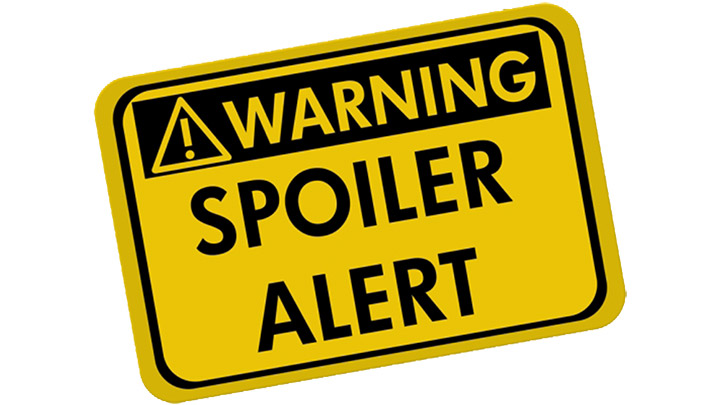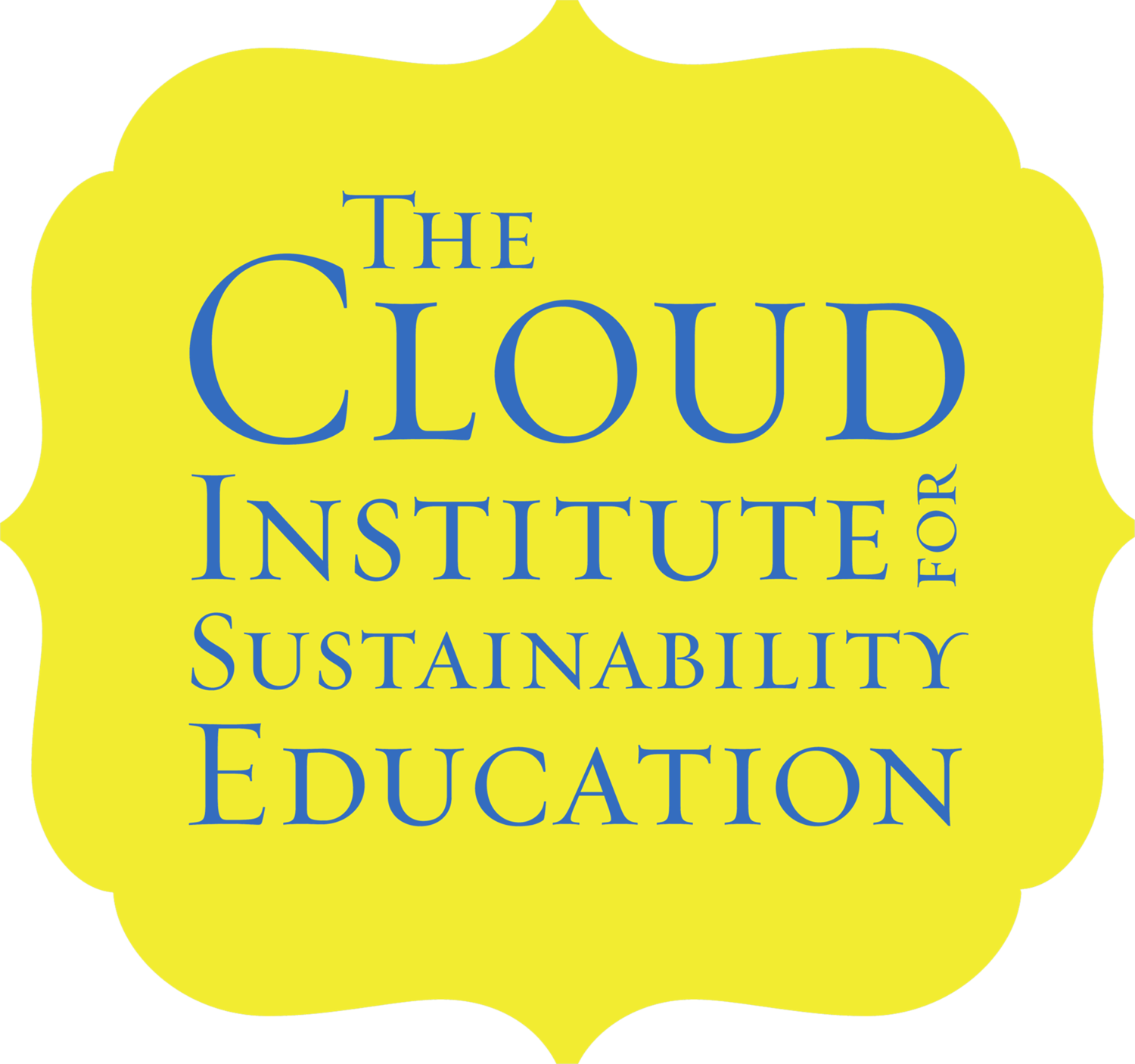EFS: The Key to Sustainable Communities (Spoiler Alert!)
/ I have a confession to make. A ten year effort to help my community become sustainable has had limited success. Early enthusiastic progress, followed by a return to something resembling the status quo, has become a familiar pattern among the institutions in my town. Each experience starts with that same intoxicating esprit de corps, yet somehow, after the public’s attention shifts, things slowly end up fizzling out. This boom bust cycle leaves me wondering— if our local institutions can’t move beyond business as usual, how can we, as a society, ever hope to achieve a sustainable future?
I have a confession to make. A ten year effort to help my community become sustainable has had limited success. Early enthusiastic progress, followed by a return to something resembling the status quo, has become a familiar pattern among the institutions in my town. Each experience starts with that same intoxicating esprit de corps, yet somehow, after the public’s attention shifts, things slowly end up fizzling out. This boom bust cycle leaves me wondering— if our local institutions can’t move beyond business as usual, how can we, as a society, ever hope to achieve a sustainable future?
Looking Upstream
Determined not to give in to cynicism, I decide to delve deeper. I notice that my town is not unique. There are examples everywhere of governments, schools, and companies that start out with good intentions, only to find themselves stuck at second base. It’s not that people don’t recognize that change is needed. In fact, most of my collaborators over the years have been dedicated public servants, already convinced of the role that communities have to play in creating a greener future. So, what’s stopping us?
My mentor, Jaimie Cloud, taught me to look for the most upstream problem within my sphere of influence before finding a win win win solution. Addressing symptoms, rather than the true source of the issue, leads to making the problem worse over time and the creation of new problems. In System Dynamics it is classically known as a “Shifting the Burden Archetype”.
A New Way of Thinking
Applying this logic to my own community, I realize that something different is needed to help us move beyond the status quo. Simply giving people information and supporting their efforts to adopt sustainable practices is not enough. A whole new way of thinking and acting is required.
We all know that kids are naturally creative and open to new ideas. They are optimistic about the world and their role in making it a better place. So why do so many ultimately fall into the same destructive patterns as the adults in their lives? I believe it is the result of our educational system, one that does not adequately prepare us to take the lead in creating a sustainable future.
Educating with the Future in Mind
A sustainable society has been described as “one that is far-seeing enough, flexible enough, and wise enough not to undermine either its physical or its social systems of support” (Meadows). In this context, it seems almost irrational for us to be educating our children for UN-sustainability. Imagine if we used the thirteen years that kids are required to be in school to educate them FOR sustainability? Education for Sustainability (EFS) recognizes the key role that teaching and learning play in shaping the future that we want. It combines the best practices in education with the content, skills and habits of mind required for students to participate in, and to lead with us the honor of making that future a reality.
EFS is not simply teaching kids about the environment. We need to understand the laws and principles that govern our natural world, we need to consider multiple perspectives, invent the future and become responsible, global citizens. Young people must learn to be creative thinkers, metacognitive thinkers and systems thinkers, and they need to learn how to transfer their learning to real life situations. And unlike the recent trend of teaching kids about all the “problems” facing this planet, EFS offers an optimistic, empowering view of the future. The latest research on the impact of EFS demonstrates multiple, positive and lasting benefits on students, teachers and yes, even on communities. The Cloud Institute works with educators and their communities to prepare young people for the shift toward a sustainable future. Their EfS Framework illustrates a whole systems approach, which springs from the recognition that lasting transformation in education requires innovation at the curricular, institutional, and community levels.
As I reflect on my experiences over the past decade, I imagine how things might have turned out differently had we all been educated for sustainability. I wonder if our society would be better equipped to deal with the challenges of our time. Maybe we would have already figured out how to make the shift to a sustainable way of life. I haven't yet given up on our potential as adults to get this right, but given our track record, I’m betting on the kids.
Lori Braunstein is the Director for Change Leadership at The Cloud Institute for Sustainability Education and the founder of Sustainable Cherry Hill, a NJ based civic organization. Follow along as she writes about “change agentry”, community/school partnerships and more. You can reach her at lori@cloudinstitute.org.
